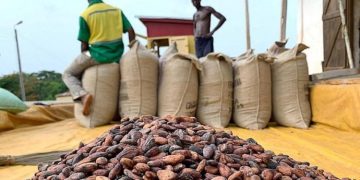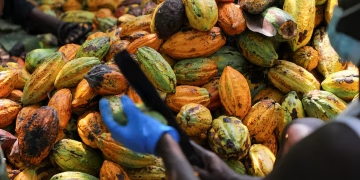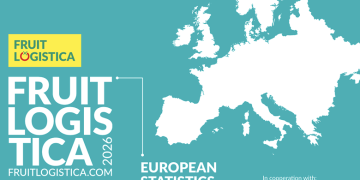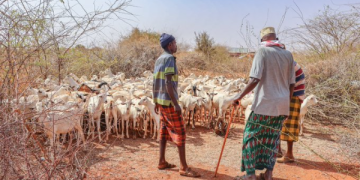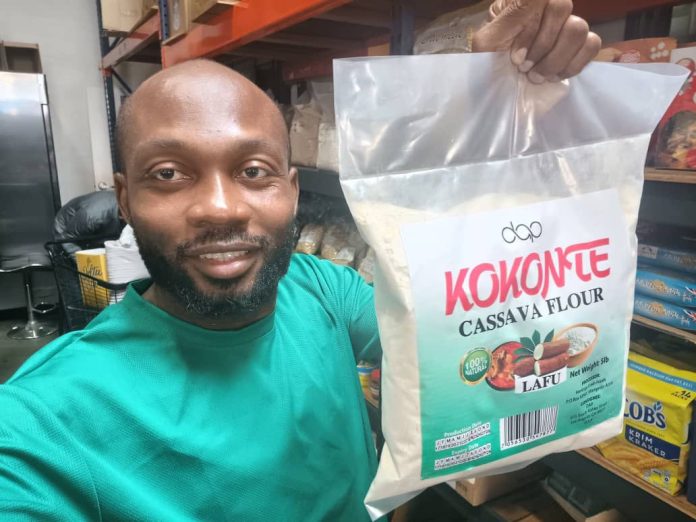Across Europe and the United States, AfroShops have become essential hubs for the African diaspora especially Ghanaians seeking the familiar taste of home. Whether it is prekese, kokonte, yam, shito, banku mix, palm nut cream, or Ghanaian spices, these products travel a long, carefully controlled journey before ending up on shelves abroad.
The journey begins with Ghanaian farmers and food processors who harvest, process, and package local foods. They follow Ghana Standards Authority (GSA) and Food and Drugs Authority (FDA) guidelines to ensure quality, safety, and export compliance. Before products leave Ghana, exporters must secure the required export certifications and compliance documents to meet international market standards.
Exporters then work with freight forwarders and consolidators who prepare shipments either through Air cargo, which is fast but costly, or sea containers, which are more affordable and ideal for bulk exports.
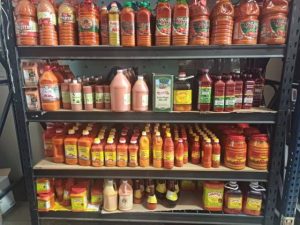
These shipments travel to major entry points such as Rotterdam, Antwerp, London, New York, New Jersey, Chicago, or Houston. Once products clear customs, importers supply wholesalers, who distribute them to AfroShops, West African supermarkets, online African grocery stores, and African restaurants.
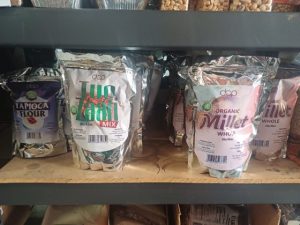
AfroShops in Europe and the USA play a vital role in preserving Ghanaian culture. They stock everything from spices to bags of fufu flour, ensuring that Ghanaians abroad can continue cooking and enjoying traditional foods no matter where they live.
During my recent visit to Los Angeles, I witnessed firsthand how powerful this export chain is. I walked into an AfroShop in a busy part of town, and to my surprise, the shelves were filled with familiar items from home. The atmosphere felt like a mini-Ghana with rows of prekese, fufu flour, kokonte, yam, shito, and even local Ghanaian snacks neatly arranged.
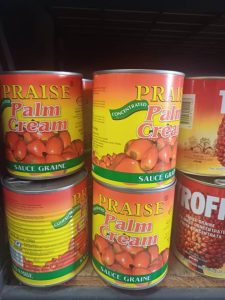
Holding a bag of “PREKESE (Aidan Fruit) and another of “KOKONTE (Cassava Flour), I realized how far these products travel just to bring comfort to Ghanaians abroad. It felt like stepping into a market in Accra or Kumasi, thousands of miles away from home.
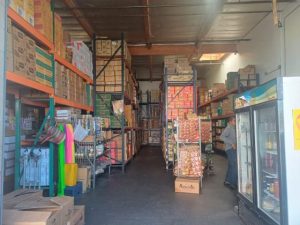
My visit confirmed one thing: the demand for Ghanaian foods abroad is driven by a real and growing market. AfroShops in the US depend on reliable supplies from Ghana, and exporters continue to benefit from this steady and loyal diaspora demand.
Source:accessagric.com














